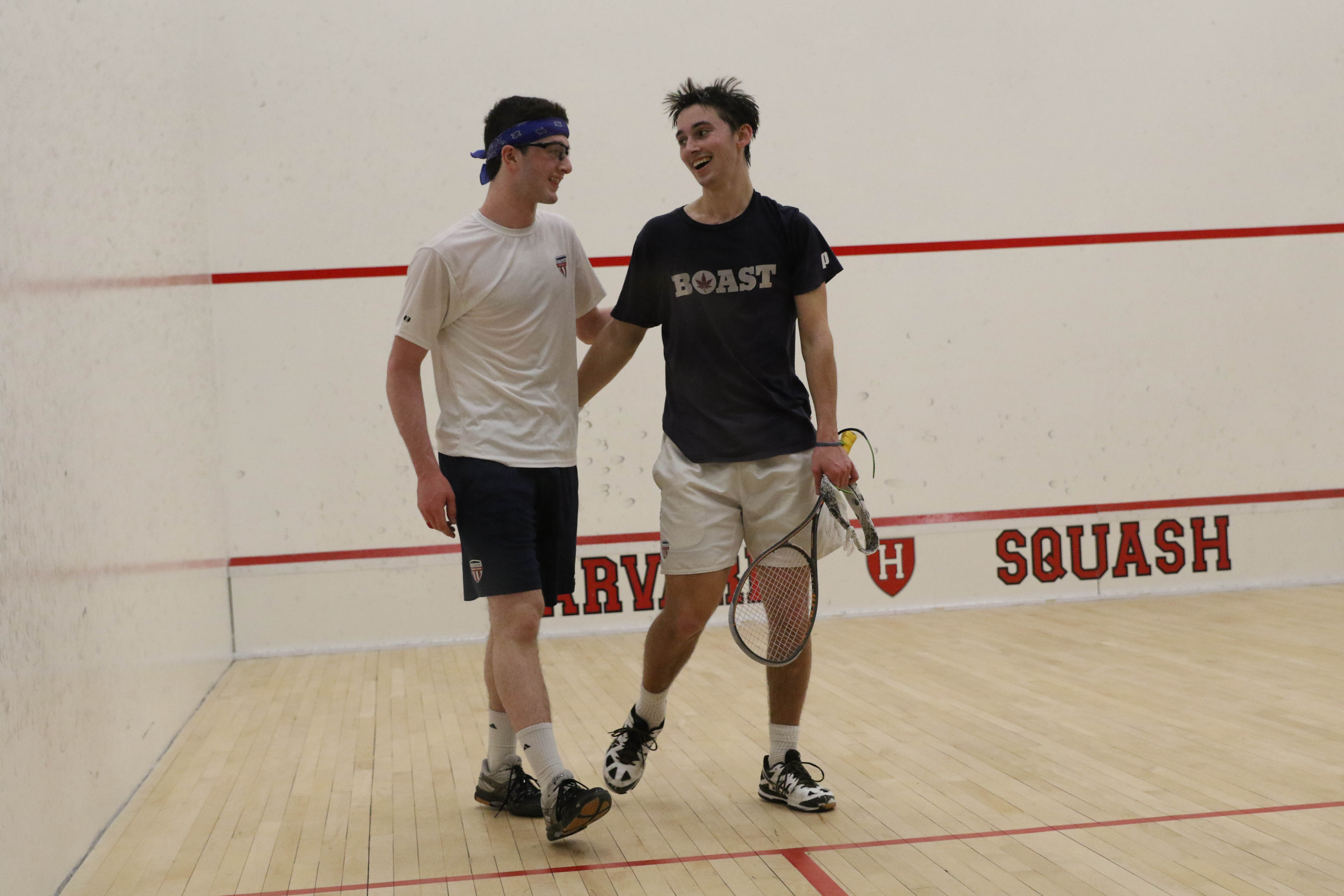
By Amy Gross, Peak Performance & Mental Coach
We all know the social comparison game. We fall into the trap of evaluating our skills and progress by how we stack up against others. We rely on external sources to validate our self-worth. While you cannot completely escape social comparisons, you can practice implementing strategies that will help you manage them more effectively. Progress and long-term success comes from fulfillment from within.
- Where attention goes, energy flows
If you spend too much time focusing on others, you’re taking energy away from the things that you actually need to do to play well. There will be days where you’re more prone to negative thinking. During those times, meet yourself where you’re at (“I’m a little preoccupied with my rival’s performance) instead of judging or controlling your thoughts (“I know I shouldn’t compare myself to others”). Being critical will make your negative cycle worse. Acknowledging and accepting your current state will help you get unstuck and discover ways to boost your energy and performance.
Can’t get out of your negative headspace? Take some time to listen and write down what you’re thinking. Putting your thoughts down on paper is often an effective way to clear up brain fog.
- Embrace social learning
Albert Bandura’s Social Learning Theory highlights the benefits of learning from others through observation and modeling. If you’re caught up in a social-comparison rut, reappraise the situation. Instead of comparing your performance to others (“I’ll never get to the front corners as fast as he does” or “I can’t volley as well as she does”), find a way to learn from your peers (“look at how efficiently he moves” or “wow, she gets her racquet up early”). The former statements are self-deprecating and detrimental, whereas the latter statements are constructive and provide areas for improvement. If you use social comparison as a way to gather data and acquire knowledge, it can be a valuable tool.
- Compete against yourself.
Sure, you have to beat your opponents in order to win a tournament, but if you want to tap into your true potential, measure progress against yourself. Create your own metrics to help you gain a more accurate assessment of how you’re doing. Are you mentally stronger? Has your performance plateaued? Have you found useful ways to track your speed and fitness?
Make it a ritual to carve out time to look in the mirror instead of fixating on how much better everyone else in your peer group has gotten. It may be a challenge to face what you see in the reflection, but it’s a beneficial way to gain insight into where you want to go and the actions you need to take to get your game to the next level.
At the end of the day, you’re the one that’s out there competing. So, instead of tearing yourself down by comparing yourself to others, be objective and think of ways to build yourself up. The key to lasting achievement is self-mastery.





